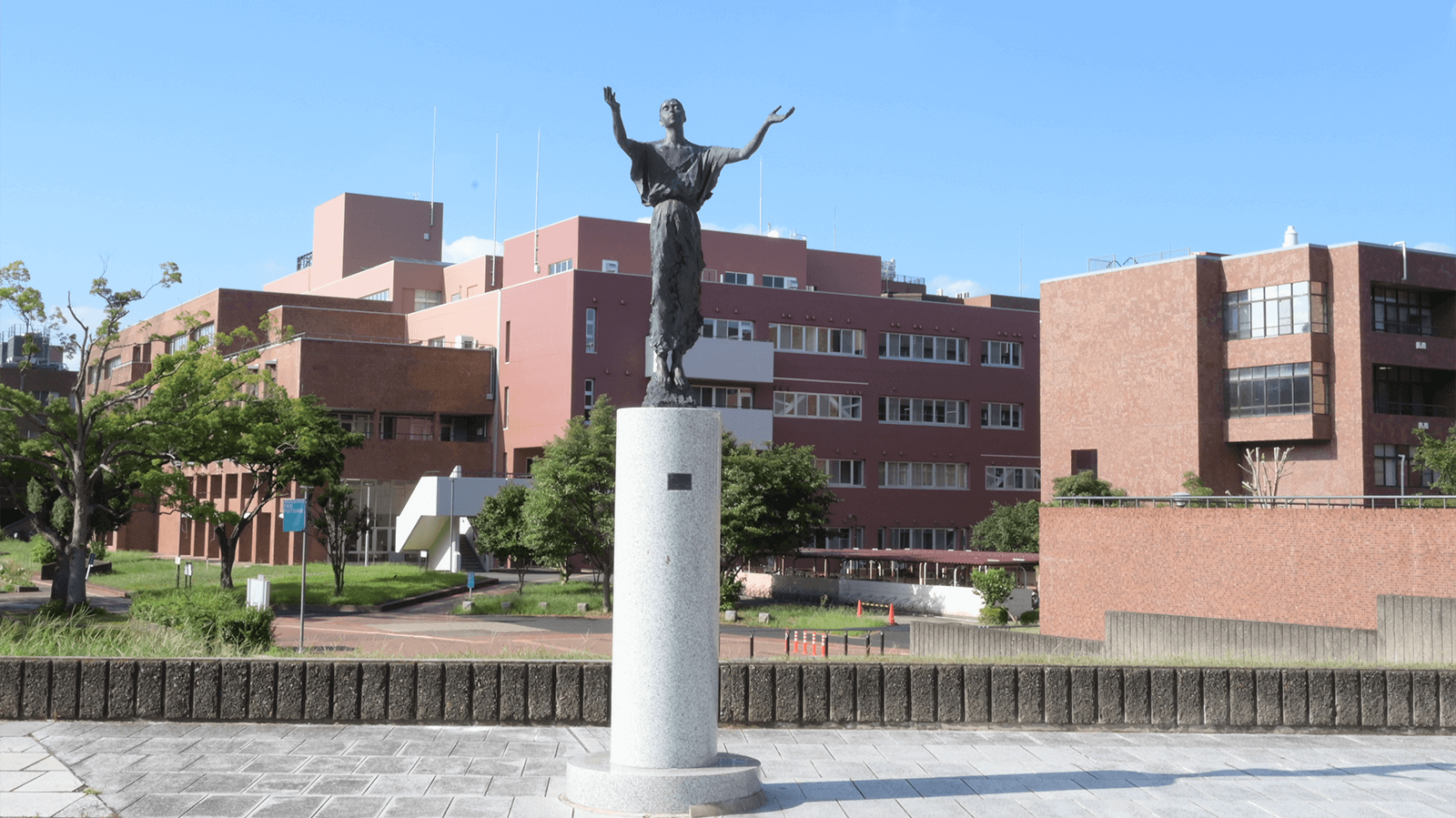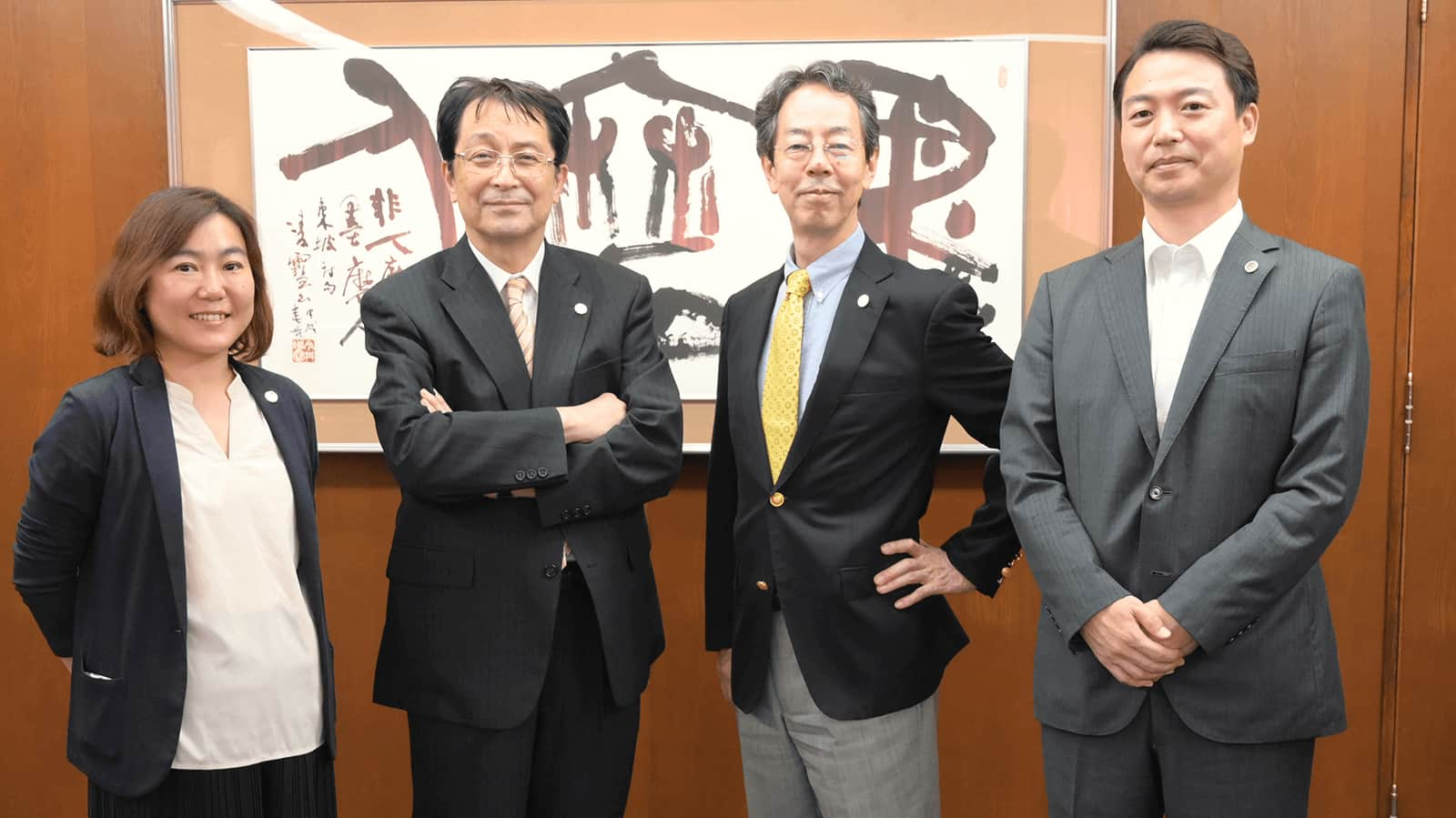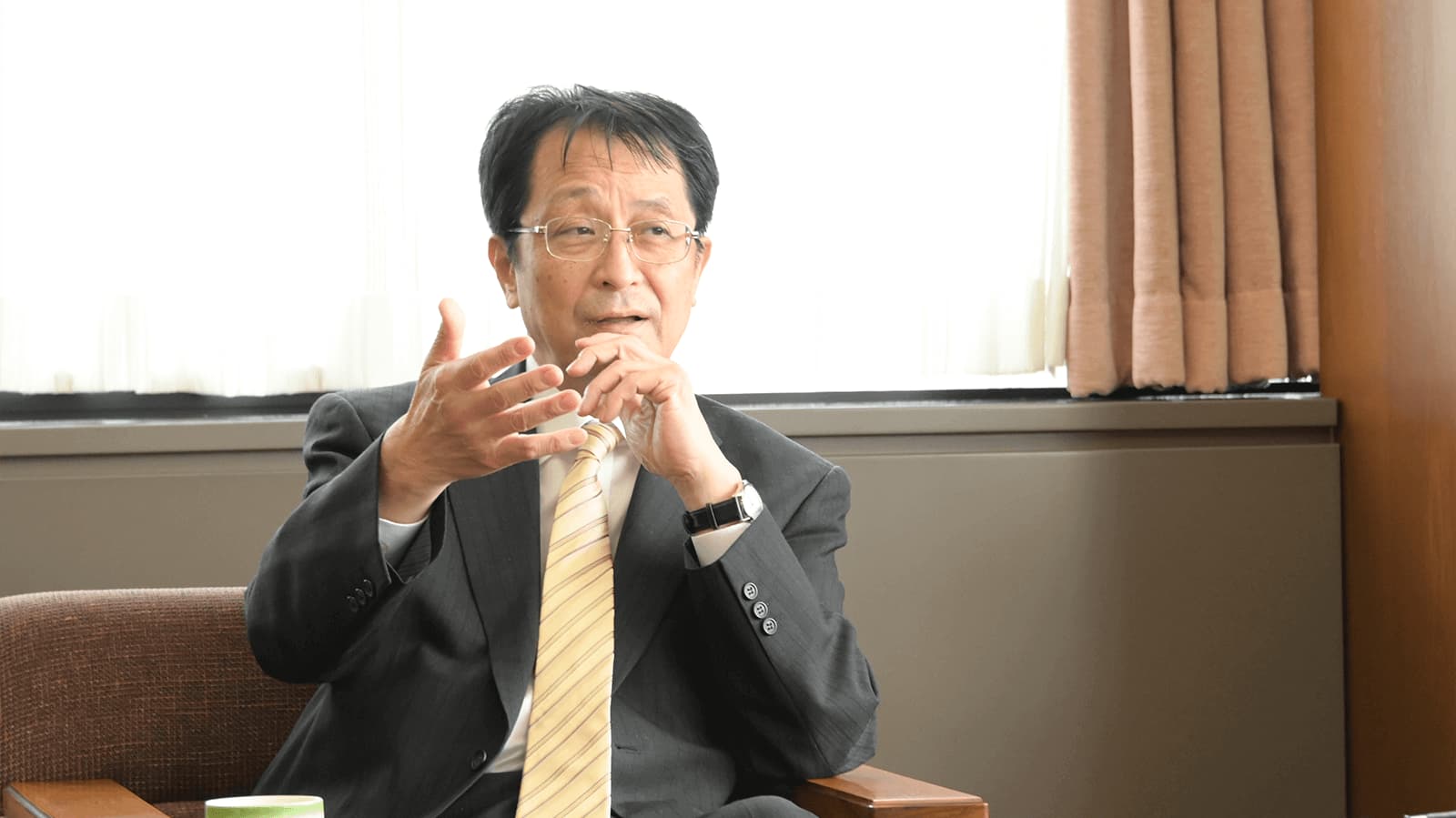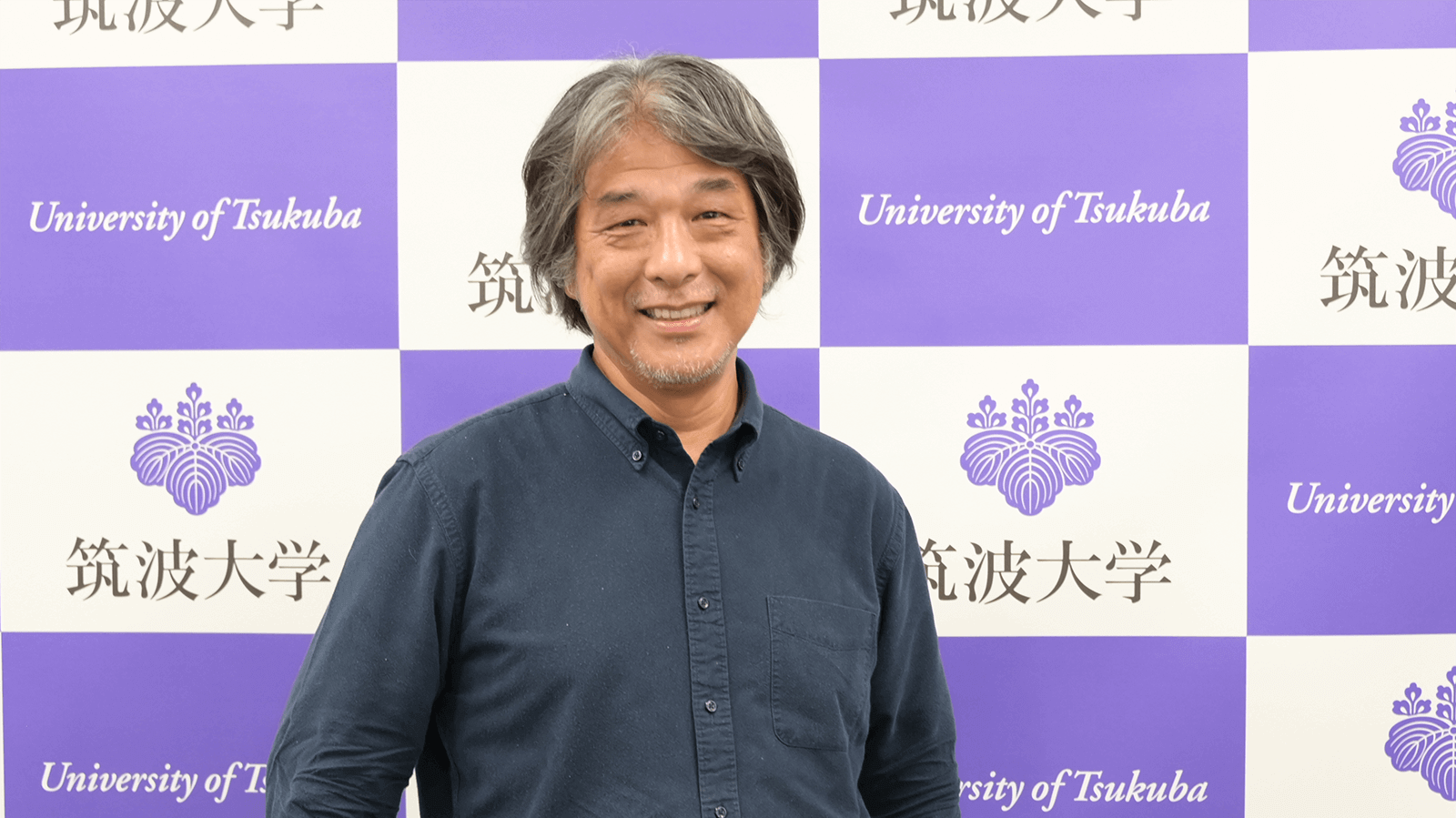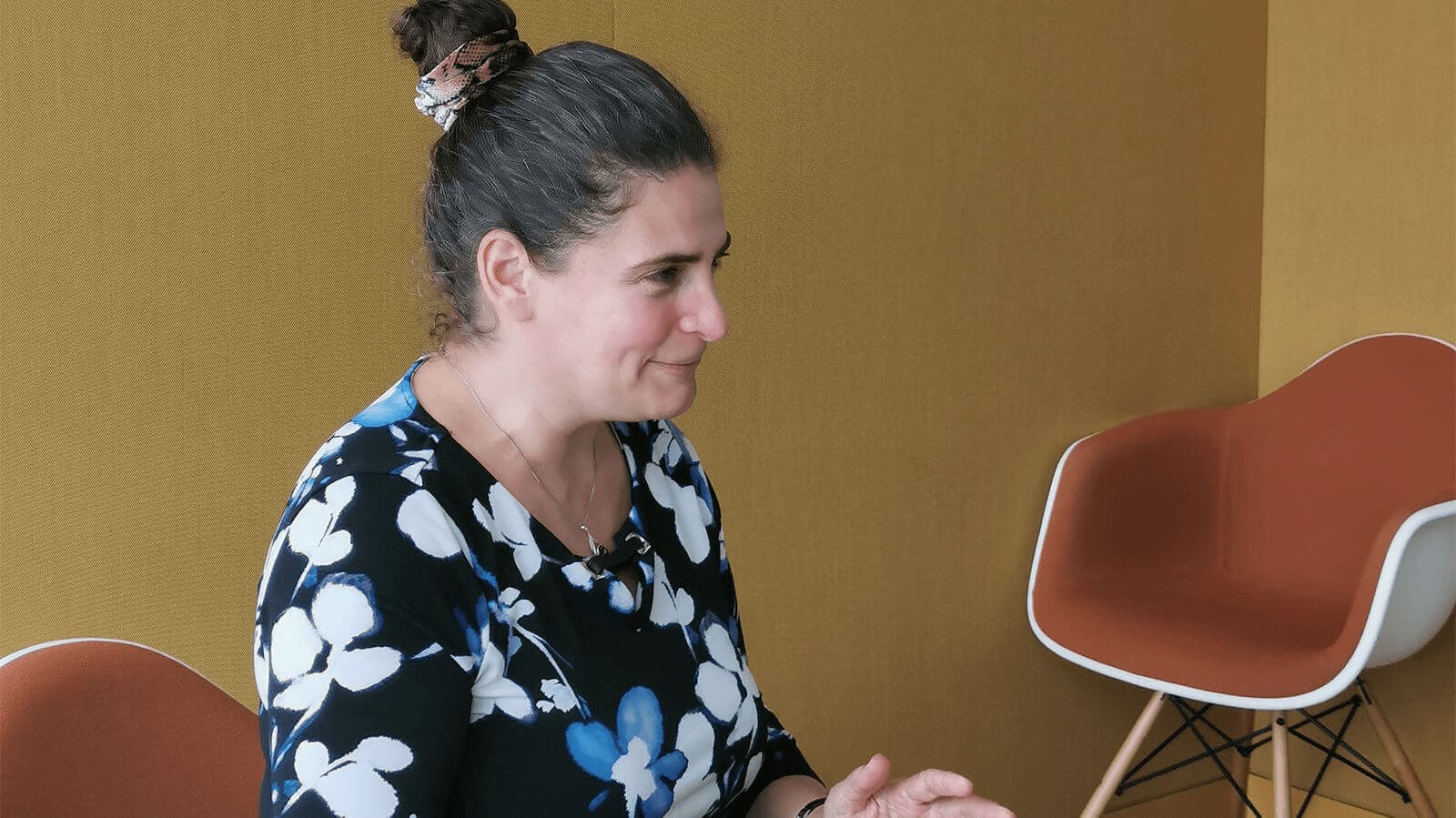The Execution Workforce Behind ZJU’s Internationalization
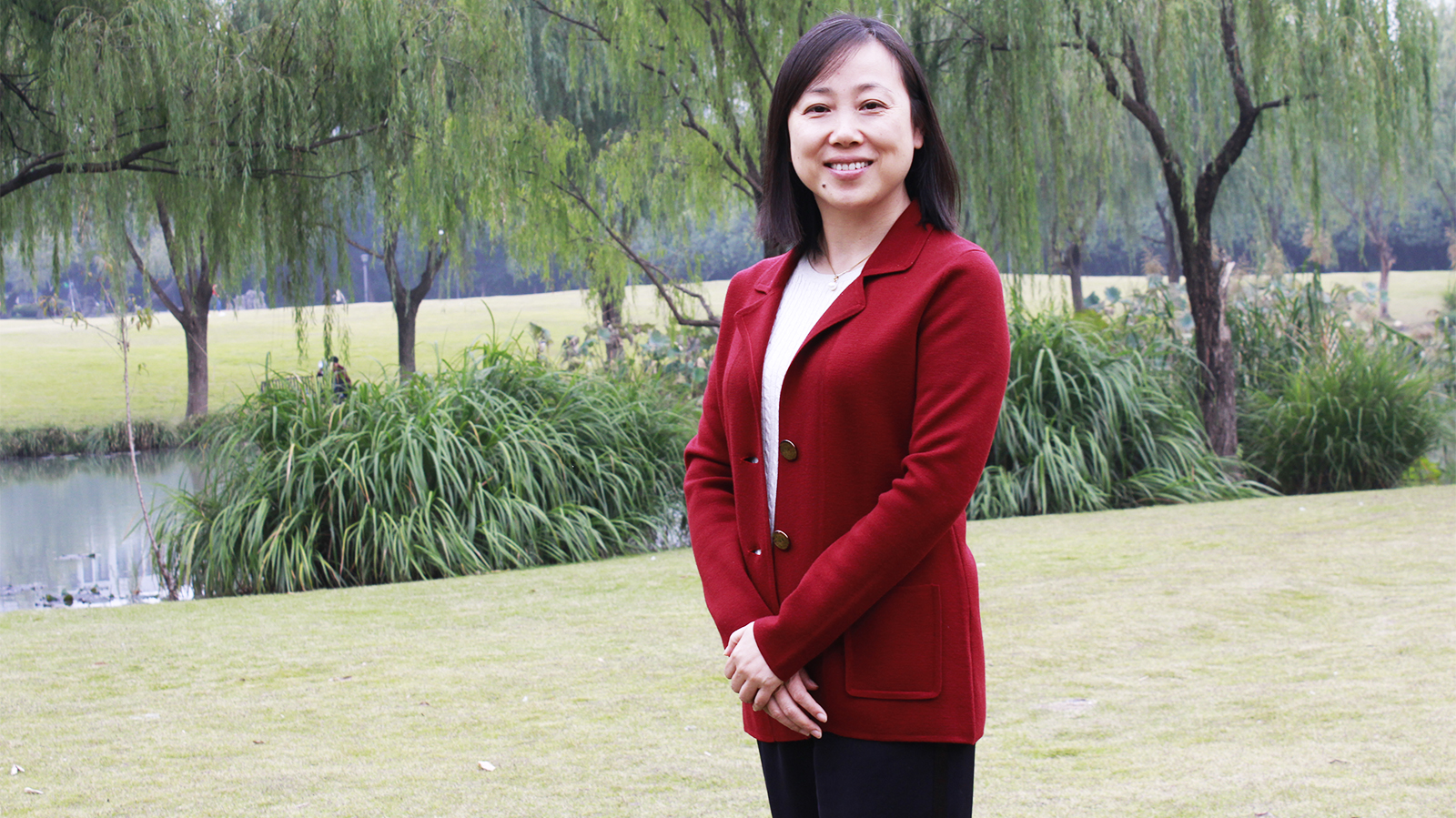
Internationalization Is an Approach, Not a Goal
ZJU’s International Outlook score doubled from 25 in 2018 to 52 in 2019. Strategy and execution are like the two wheels on a cart; you cannot have one without the other. How did they achieve this in just one year? Director of Office of Global Engagement, LI Min, let us in on the secrets of ZJU’s excellent execution.
ーHow did ZJU improve its score in such a short term?
THE’s International Outlook is composed of three simple metrics that require long-term focus: the proportion of international students, percentage of international staff, and the number of international research collaborations. These aspects can’t be improved overnight. It’s the outcome of the effort we undertook in the last few years. There are four aspects to ZJU’s internationalization strategy– (1) faculty hiring, (2) globalization of education programs, (3) incentive system for collaboration, and (4) outreach.
ーHow do you attract international faculties?
In the last few years, China has made great efforts to attract the best faculty and students from all over the globe. We work hard to recruit excellent researchers from across the world and provide a very competitive compensation package, accommodation, research environment, and grants. Our motto—”seeking truth and pursuing innovation”—attracts like-minded researchers. Additionally, the campus in Hangzhou is one of our biggest advantages; it’s a magnificent city with a mix of natural beauty and innovative vitality.
ーIncreasing the number of international students is the challenge for most Asian universities. Any tips?
Earlier, we only had international students who wanted to study the Chinese language and culture; students interested in other subject areas were not attracted to education programs taught only in Chinese. However, we’ve overcome this challenge by developing curriculums in English in broader disciplines, especially in science. International Campus is one of the most significant initiatives pushing this policy further.
ーHow can a university influence a researcher to participate in more international research collaboration and co-authorship?
We have partnered with around 200 universities and institutes outside China. Such partnerships increase not only the number of international students but also research collaborations. We incentivize our faculty members to carry out more research collaborations by providing seed funds. This comprehensive support system motivates researchers to be more open to collaboration. In recent years, the number of international co-publications and citations has grown rapidly, which must be impacting our International Outlook score.
ーNot all faculty members may be ready to teach in English. How do you deal with this issue?
Our HR office offers faculty development training programs, including something called the New Star Program which supports faculty members who would like to spend one or two years abroad to gain international experience. In the long run, the program benefits the university because those who return are connected to an international network and understand the advantages of carrying out international collaborations; this helps them collaborate more easily.
ーWhat’s the structure and role of the Office of Global Engagement?
Our office is mainly responsible for ZJU’s global strategy and its implementation. We work closely with relevant offices and colleges and schools to make action plans and execute them with the aim of international excellence. We have six divisions: General Management; Global Partnerships; International Mobility; Outbound Administration and Service; Hong Kong, Macao, and Taiwan Affairs; and Global Communications. Deputy directors are assigned to each division and they report to me. It’s a 20-member team that works together closely.
ーHow do you typically start a new project?
Often from scratch—conducting surveys, researching other universities’ best practices, and understanding our own university’s strengths and weaknesses. Our job is to think of how we can use our uniqueness to make ZJU globally stand out and attract potential partners, faculty members, and students. We keep revisiting the vision to ensure that our strategy is aligned with the overall goal of the university.
ーZJU is very active in international communication. What’s the thought behind the activities?
When we started, it was clear to us that English communication with a global audience is essential. A world-leading university has to be accessible to the outside world, but the previous information we provided was not customized for a global audience. Therefore, we critically evaluated the old English website and asked ourselves, “who is our target audience?” That’s how we started the journey of improving our global communication and established a new team of Global Communications two years ago. We started engaging on social media in other countries, and we also sent out an English newsletter to partner universities, alumni, previous visitors and others who are interested in ZJU, to keep them engaged and updated with our latest research, educational advancements, and campus news.
ーHow do you develop talent to execute internationalization?
You may be surprised, but none of my team members were experts in journalism or media communication. Unlike private companies, universities are new to branding and promotion; we are all learning together. What are the best practices we should learn from other universities? What are our strengths and weaknesses? Where do we stand? We began by asking these core questions and then gradually formed our communication strategy. Nevertheless, we are continually learning.
ーWhat is “internationalization” for you?
If you ask anyone in academia, they will tell you internationalization is essential. We have to think deeper about why it’s needed. I would say internationalization is an approach, not an end goal. It is a practical approach to improve the quality of education and research by traversing linguistic and cultural boundaries and opening up the campus to global talent. Our journey has only just begun.







